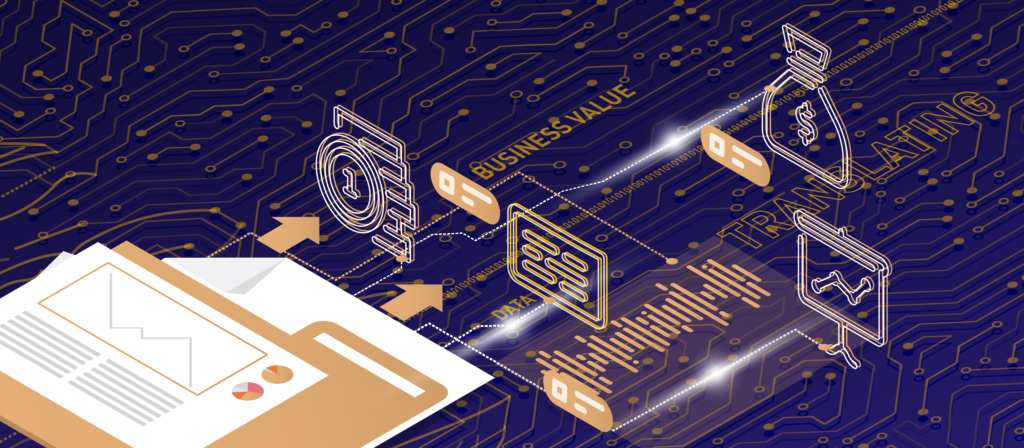
On September 7, 2017, it was reported that cyber criminals had hacked credit report giant Equifax, stealing the personal information of some 143 million US customers – with up to 44 million British consumers’ details also being compromised.
Showing the rising use and utility of legaltech, Joshua Browder, the founder of the legalbot “donotpay”, who was also a victim of the hack, has adapted the software to help victims sue Equifax without involving a lawyer. The chatbot asks users basic questions such as their state of residence, phone number, zip code and address. It is thereafter able to retrieve the appropriate paperwork for taking Equifax to court in the user’s jurisdiction. However, the bot cannot complete the claim process on behalf of the individual: the claimant must still file the paperwork, serve it and pay the associated fees.
This is a key example of how technology can automate a simple step in the legal process. However, if we are bold enough to evolve the broader legal process to allow technology-based solutions to address increasingly complex aspects of the process, including attending court, filing, arguing, or responding to procedural steps, there are great opportunities to free the main actors of the legal process – the human lawyers – to focus on more value-added functions, such as specific interpretation of data, operational improvements and risk mitigation – essentially, unlocking value through legal change.
